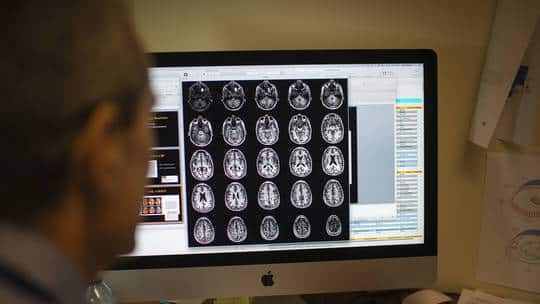
A groundbreaking development in the early diagnosis of Alzheimer’s has been announced by Swedish researchers. They have identified a commercially available blood test capable of detecting biological markers associated with the disease a decade or more before symptoms manifest. The study, conducted by the University of Gothenburg over an eight-year period with 768 participants in their fifties, sixties, and seventies, revealed the test’s remarkable accuracy of 97% in predicting the likelihood of developing Alzheimer’s.
Published in the JAMA Neurology journal, the results are being hailed as revolutionary in advancing early screening for Alzheimer’s, enabling proactive measures long before symptoms appear. Alzheimer’s, the most prevalent form of dementia, leads to brain shrinkage and cell degeneration, resulting in cognitive decline and impaired social skills.
Sheona Scales, Director of Research at Alzheimer’s Research UK, emphasized the significant potential of the test, noting it surpasses other ongoing diagnostic developments. The non-invasive blood test, which identifies tau proteins, offers a preferable alternative to current invasive methods like lumbar punctures.
David Curtis from the UCL Genetics Institute underscored the potential implications, suggesting routine screening for individuals over 50, akin to cholesterol checks, could become a reality. Early detection may enhance the effectiveness of existing Alzheimer’s treatments, providing valuable intervention opportunities.
The Californian company ALZpath, the test’s developer, aims to make it widely available for clinical use in the first quarter of the current year. With approximately 1 in 9 people aged 65 or older affected by Alzheimer’s, this breakthrough holds promise for transforming the landscape of early diagnosis and intervention, especially as the prevalence of the disease is expected to increase without medical breakthroughs in the next 25 years.

